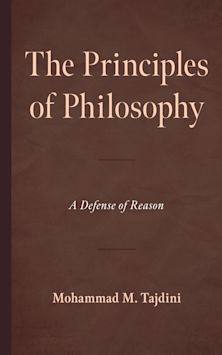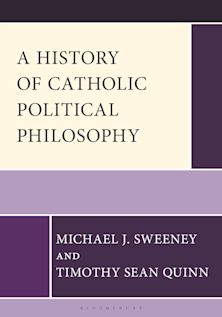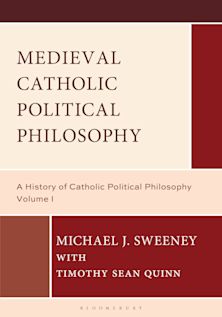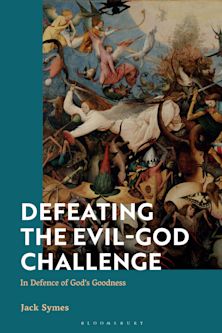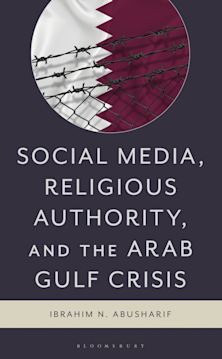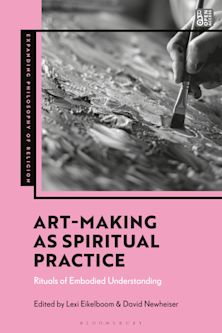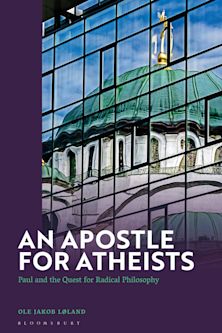Description
What is gender? What should gender look like in the 21st century? This book brings together philosophy with insights from feminist and transgender theory to argue for gender pluralism: that there should be more than two genders, and that each gender term should have multiple meanings.
Developing an explicitly political version of conceptual engineering, What Gender Should Be contains novel and powerful arguments both against existing theories of gender such as family resemblance accounts and against gender abolition, underlining how each is insufficient for thinking about and doing justice to contemporary transgender identities and politics. Instead, Matthew J. Cull argues that we should be pluralists about gender, putting forward and advocating for a position that is more apt for contemporary transgender and feminist activism. The 21st century requires a new way of thinking about gender. What Gender Should Be sets out to provide it.
Table of Contents
Introduction
Part I: From Conceptual Change to Liberation
1. Conceptual Engineering
2. Between Semantics and Metaphysics
3. What Conceptual Change Can Do for Liberation
Part II: Pluralism
4. The Double-Counting and Discrete/Continuous Problems
5. Gender Pluralism
6. Gender Identity, Deflated
Part III: Abolitionism, Past and Present
7. The Mare Magnum, Or Transcendental Androgyny
8. Engineers and Wrecking Crews: Contemporary Gender Abolitionism
Conclusion
Notes
References
Index
Product details

| Published | 16 May 2024 |
|---|---|
| Format | Ebook (Epub & Mobi) |
| Edition | 1st |
| Extent | 240 |
| ISBN | 9781350329003 |
| Imprint | Bloomsbury Academic |
| Series | Transgender Theory |
| Publisher | Bloomsbury Publishing |
Reviews

ONLINE RESOURCES
Bloomsbury Collections
This book is available on Bloomsbury Collections where your library has access.

















